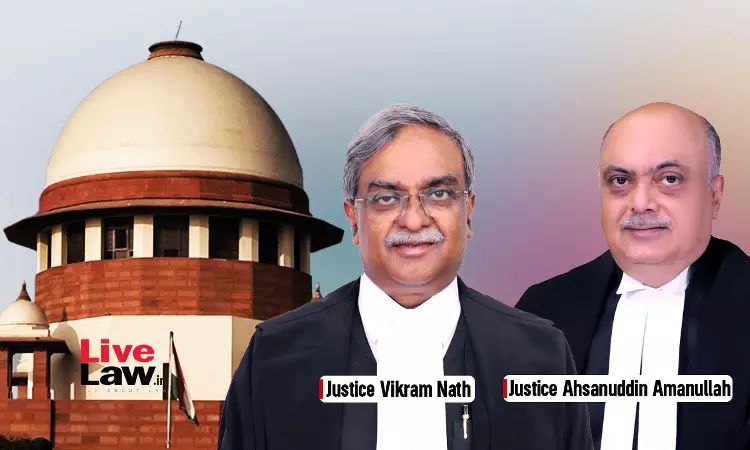The Supreme Court today (Oct. 16) observed that the 'royalty' imposed by the Municipal Corporation on the advertising companies for putting up hoardings/advertisements could not be termed as 'tax'. The bench comprising Justices Vikram Nath and Ahsanuddin Amanullah set aside the Patna High Court's Division Bench decision which directed the Patna Municipal Corporation to refund the...

